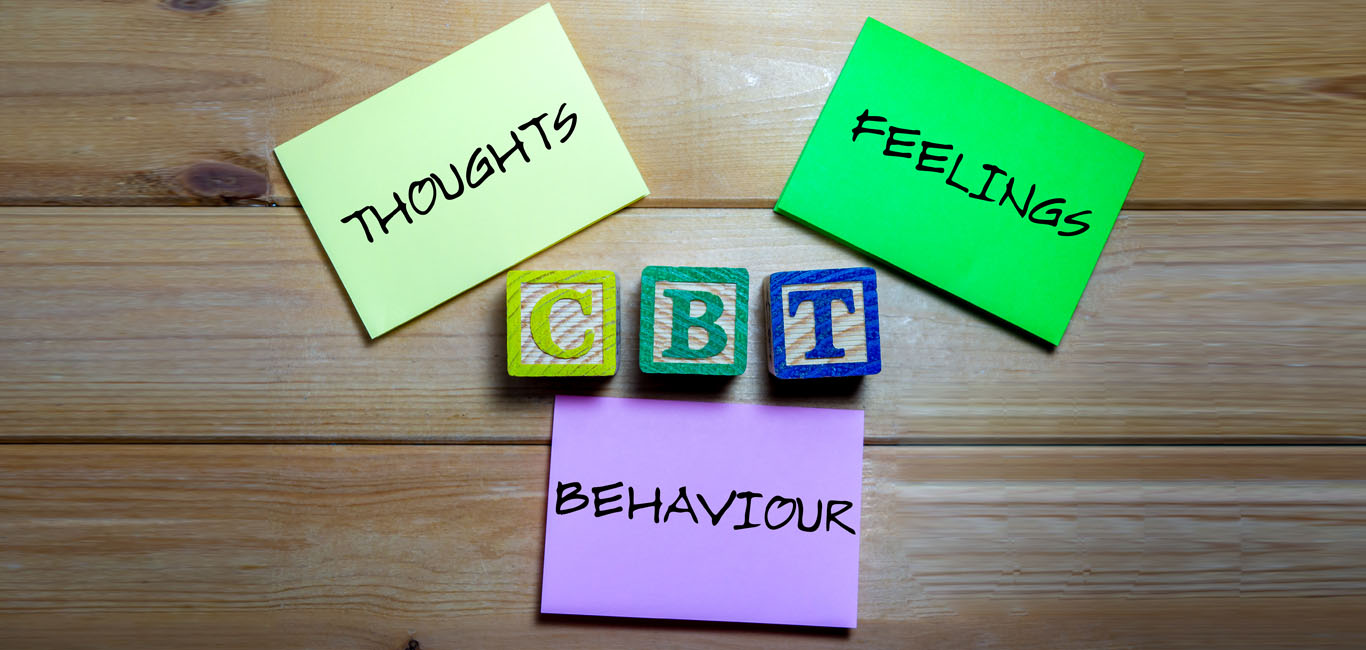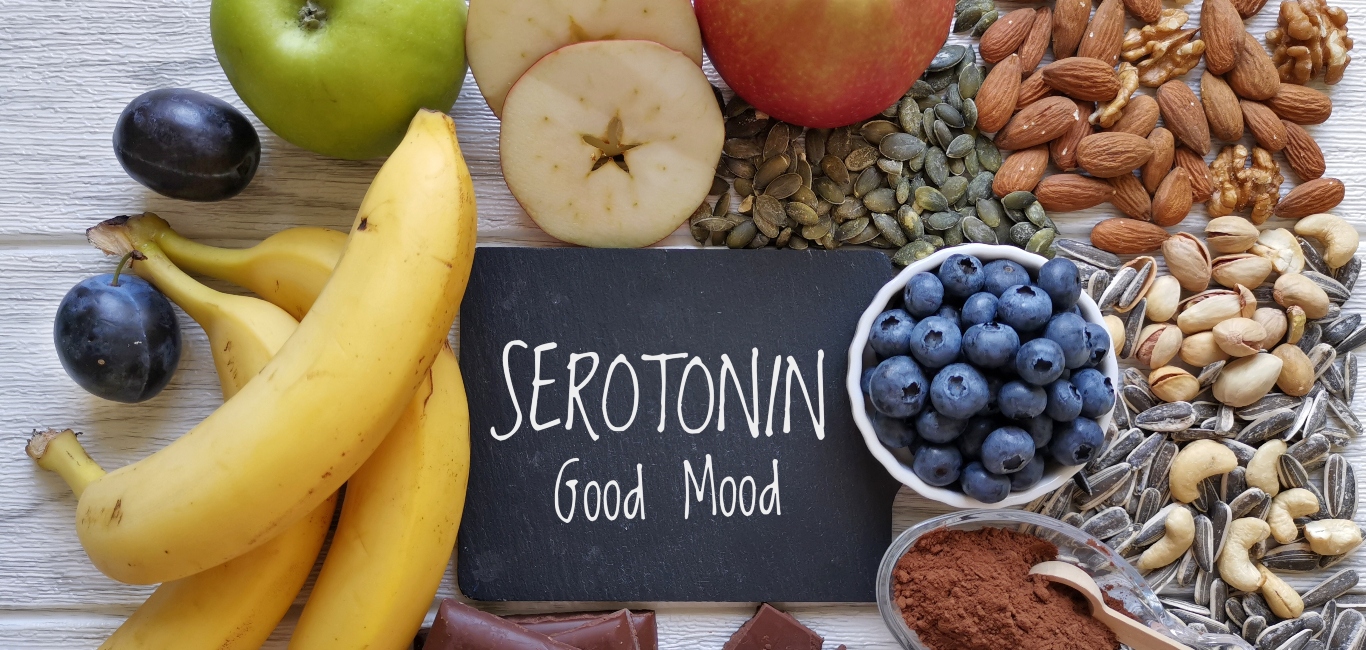
Hypnosis has quite a reputation. Thanks to its dramatic portrayals in movies, television shows and stage shows, people largely view it with scepticism or have unrealistic expectations of its utility.
But hypnosis or hypnotherapy is emerging as a legitimate therapeutic technique found effective for various issues: for example – to stop smoking, in pain management and in treating anxiety.
Now, licensed professionals are increasingly specialising in using behavioural therapies such as hypnotherapy and cognitive behavioural therapies or CBT to effectively address gastrointestinal or GI issues.
Known as GI psychologists, these trained specialists help treat symptoms of chronic gastrointestinal conditions like irritable bowel syndrome (IBS) and inflammatory bowel disease (IBD).
“While I’ve got all the training to help treat anxiety, depression, and trauma, the majority of my work is looking at GI conditions first and understanding how it impacts the lives of people that have them,” says Dr Megan Riehl, a psychologist specialising in gastroenterology and the clinical programme director of the GI Behavioural Health at the University of Michigan.
A cyclical effect
Dr Riehl’s work delves into how GI-specific anxieties and stressors have a cyclical effect — having the symptom can cause anxiety, but also having anxiety can trigger the symptom. She now uses her training to see if an individual suffering from GI conditions like IBS can benefit from behavourial therapies.
Her work, like that of many others, is adding a new layer to treating GI conditions, one that goes hand in hand with today’s medical interventions.
The gut-brain axis
To understand why behavioural therapies like hypnotherapy and CBT may work in treating gastrointestinal conditions, we need to first learn about an important connection between the gut and the brain known as the gut-brain axis.
“Our brain-gut axis is a bi-directional superhighway, where the brain is looking at what’s happening in the gut and the gut is constantly sending signals up to the brain,” says Dr Riehl.
This barrage of messages, while very important for the communication between the two organs, can be skewed in GI conditions such as IBS.
Signal trouble
IBS comes under a category known as disorders of gut-brain interaction or DGBI, says clinical psychologist Dr Ali Navidi, of Burke in the US state of Virginia. He is a director and co-founder of GI Psychology, a clinical practice that offers behavioural therapies for GI issues.
“The brain is scanning the gut, looking for problems and it sends stress and anxiety signals down to the gut. These signals from the brain cause more symptoms in the gut. Hence the noises that come from the gut to the brain become amplified and distorted,” says Dr Navidi.
This is known as visceral hypersensitivity, where your stomach feels things more strongly or intensely than it should, he explains. Your gut is extra sensitive, so you might feel discomfort or pain even when there is nothing seriously wrong. It is a bit like turning up the volume on your stomach sensations.
Calming and relaxation
Continuing with the audio analogy, this volume can be turned down with the help of both hypnotherapy and CBT: These are the two most evidence-based brain-gut behavioural therapies used for the management of GI conditions.
“We teach [individuals with gut disorders] strategies to calm the system down and that’s done through relaxation training with hypnosis. We also teach them cognitive strategies to handle these sensations and over time, our treatments really help to restore the way the brain and the gut are functioning,” says Dr Navidi.
The process can take about 30 minutes per session and can be done in person or virtually.
“During a session, a patient starts to learn how to deeply recognise their body. It [hypnosis] incorporates stages of closing your eyes, a body relaxation, and portion of deepening where I am harnessing and focusing their attention,” says Dr Riehl.
She adds that this is followed by a portion of the therapy where a peaceful image is introduced while folding in suggestions about the functioning of the digestive tract. “It takes place over the course of several sessions and the outcome is that we see the brain not hyperfocus so much on those sensations happening to the gut,” Dr Riehl adds.
The teaching of these technique also instils a sense of confidence in individuals. If they were to get the symptoms again, they would have tools ready to manage them.
Hypnotherapy’s growing recognition
There is sufficient clinical evidence to show hypnotherapy is very effective for IBS.
“From the clinical side I see it working. I sometimes must work with very sceptical people who have a lot of misconceptions about hypnosis for this issue. People think my stomach hurts, why am I coming to a therapist for it? But after some sessions they do get better,” Dr Navidi says.
He is quick to point out that the American College of Gastroenterology, a medical association of gastroenterologists, has added clinical hypnosis on its list of recommendations for individuals suffering from IBS.
Dr Navidi observes that doctors are increasingly seeing the advantages of hypnotherapy and advising individuals to consider seeing GI psychologists alongside getting medical interventions. For now, the way forward seems to be to acknowledge the complementary benefits of both approaches.
The key to the acceptance of GI hypnotherapy will lie in educating healthcare providers about the brain-gut connection and the need to combine the expertise of GI psychologists or mental health providers in their practice, says Dr Riehl.

















